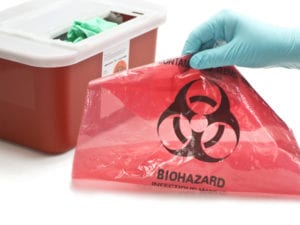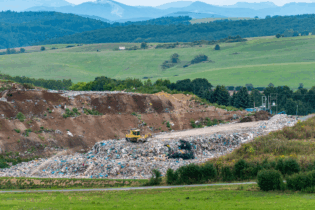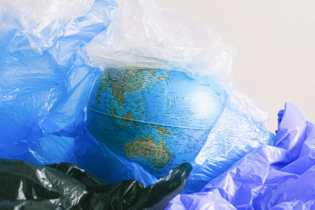Stringent management of infectious medical waste is critical to preventing the spread of coronavirus.
This is according to Durban-based Compass Medical Waste Services. The company said in a statement that medical waste generated from COVID-19 patients includes everything from infectious swabs, bandages, cotton wool buds, linen, gloves, and masks, to needles, blades, scalpels, and possibly anatomical waste such as blood and body fluids. Even eating utensils used by an infected patient are treated as hazardous waste. The process for handling infected waste must be governed by strict health, environmental and transport legislation.“The public can be assured that medical waste service providers are equipped and trained to handle the collection, treatment, and disposal of the coronavirus medical waste as needed,” Compass Medical Waste Services managing director Ian du Randt said in the statement.
Du Randt cautioned that hospitals and medical facilities are not the only entities responsible for the correctly handling of high risk waste. “This means that over and above healthcare institutions, entities like hotels, gyms, shopping malls, stadiums and ports of entry should be looking at their obligations and duty of care to their customers and the public at large,” Du Randt said.






